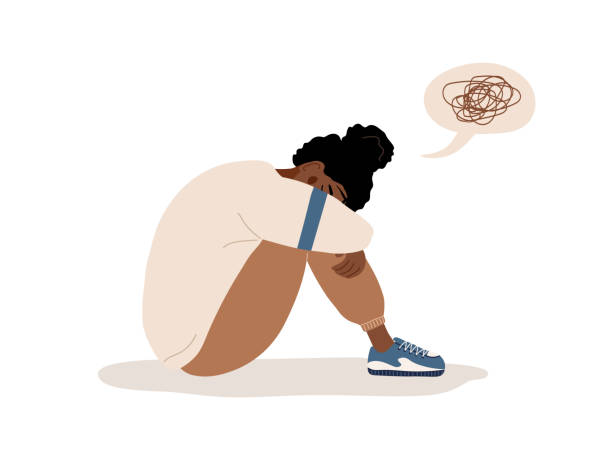When my maternal grandfather was four years old, he was forced to flee on foot from his home village to a city 120 miles away. He was fleeing the advancing Imperial Japanese Army during Japan’s invasion of China in 1937. He told me of a time when he was fleeing in the middle of the night, where refugees were crawling through a ditch along the side of a road while a Japanese infantry battalion was driving past on trucks. The soldiers played a game amongst themselves where they would shoot at any refugee who poked their heads above the ditch; this was the first time that my grandfather watched people die.
My maternal family owned land as well as a chain of grocery stores. Those were ransacked by Japanese soldiers and then repossessed by the communists when they won the Chinese Civil War in 1949. Because of my family’s class status as landlords and entrepreneurs in the previous Republic of China, they were persecuted as enemies of the state when the communists took over. Were it not for some of my family’s servants who intervened and vouched on my family’s behalf, my family would have been summarily executed after facing a show trial before a “people’s court.”
Even then, members of my family would be sent to forced labor camps during the Cultural Revolution in the 1960s, a time when Chinese society tore itself apart. People deemed as counterrevolutionary traitors or part of the “Five Black Categories” would be socially ostracized; a family friend was allegedly beaten to death by a mob of his neighbors’ kids. It is still so difficult for my family to talk about fully, especially given how China has become drastically more totalitarian and revisionist since the ascension of Xi Jinping’s presidency in 2013.
This trauma has lasted within my family. It created these deep scars that severely impacted my family dynamics and were perpetuated by each following generation, including by my parents. It made my grandfather a physically abusive smoking addict and it made my mom into an anxiously attached person; especially to me. Through the help of therapy, my family and I are resolving this deeply held trauma so that we can move forward in our lives and our relationships.
Our parents emigrated to places like North America and Europe for a reason. Few people enjoy uprooting themselves from their families and the cultural surroundings they grew up with to a distant foreign land that sometimes treats them with suspicion; their circumstances are usually dire for them to want to make this decision in the first place. Often, our parents come from deeply flawed societies plagued with economic instability, political chaos, and a great deal of suffering. Growing up in America, I have met other immigrants with a similar variety of troubled backgrounds, such as Mexicans who had family members that were kidnapped and held for ransom by drug cartels.
Inherent to being an immigrant is making these huge sacrifices in unimaginably challenging environments so their kids would have these amazing opportunities that they never had. Our parents struggled to navigate a culture with starkly different values. Our parents dealt with the frustrations of trying to navigate a coldly indifferent immigration bureaucracy to obtain precious approval signatures for their visa applications. Our parents labored tirelessly to provide us opportunities to prosper in this country. As a result, they never had the capacity to take care of themselves emotionally and to seek the mental health help that they so desperately needed, especially if they came from deeply conservative cultures where mental health services were stigmatized and where men and women had strict gender roles to adhere to.
But since they never took care of themselves emotionally, they perpetuated relationship and family dynamics that ended up hurting them inside. They ended up perpetuating these generational cycles of trauma, which hurts us as well. This causes us to carry those dynamics into our own relationships, whether they are familial, platonic, or romantic. And so, the cycle repeats.
We must recognize that we live in an open culture with much greater access to mental health services and support groups. We live in free, prosperous countries where it is okay to talk openly about the painful histories that we have, so that we may finally make peace with them. It is okay to seek help; this is part of the opportunities that our parents worked hard to create for us.
The sacrifices that our parents made for us often cause them to tie their identities to us. In fights that I have had with my parents on what to do with my career, they have often told me “How could you do this to us, after everything we’ve done for you?.” These sacrifices cause us to feel these intense mixed emotions about the choices we make. We feel conflicted, torn between wanting to meet our emotional needs and wanting to honor and repay the sacrifices that our parents made for us.
This makes seeking help all the more important to us. By understanding the emotions and psychological underpinnings at play behind our family dynamics, we can slowly reconcile with the trauma that we have experienced. We can begin to improve our relationships and healing our family dynamics. Through leading by example, we can show our family what healthy boundaries look like and teach our family how to communicate our feelings and desires. We can gently nudge and encourage our parents to get the help they need, so that they can finally put their pasts behind them and achieve self-actualization. By helping our parents live a better life mentally, we demonstrate our appreciation of their sacrifices and show our love for them while simultaneously meeting our own emotional needs and giving ourselves permission to live the lives that we want.
That is how we break the cycle and create better opportunities, both for ourselves and our future families.
Author: Oliver Lang
